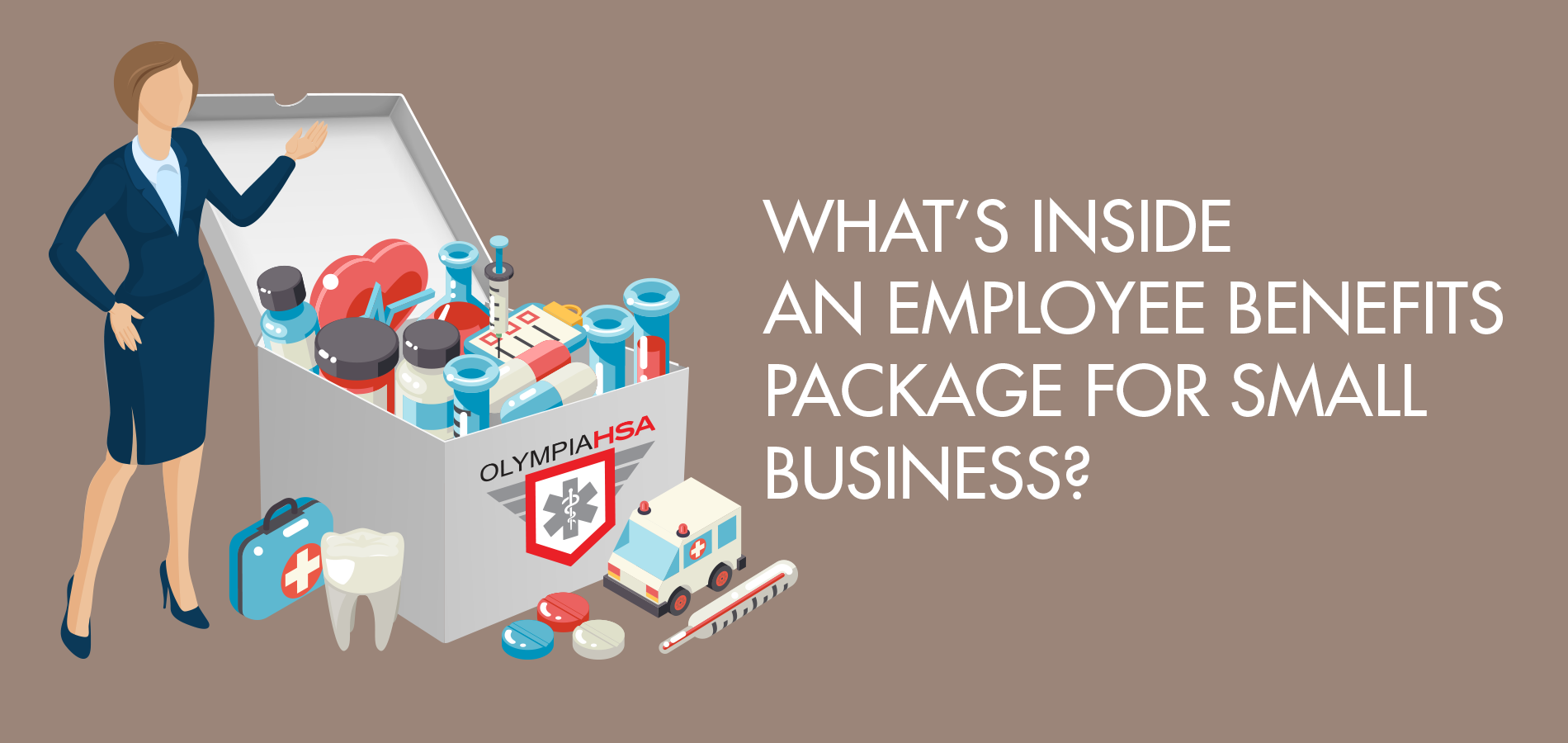Life is an amazing voyage, but it can throw us off course from time to time.
Occasionally, you may find yourself in the unfortunate situation of requiring short-term disability.
With this guide, you will feel better prepared on making decisions about short term disability. Let's take a closer look into short term disability for those working in Canada.
What Is Short Term Disability Insurance?
Short term disability helps employees financially when unable to work for a small period in time. But what does short term disability cover?
Hospitalization, an accident, or even an illness that prevents you from going to work is what is typically covered. When covered, you will have compensation for taking time off work.
Additionally, the incident or illness must be non-job related to use short term disability benefits.
How Do I Know I Qualify for Short Term Disability Insurance?
Within Canada, there are two types of short term disability benefits. You must be covered under one of them to receive short term disability benefits.
- Group Insurance Plans
- Employer-Funded Plans
Surprisingly enough, most Canadians do not qualify for short term disability, so it is best for you to check with your employer to know if you qualify. Be sure to discuss with your employer so you know what your short term disability covers.
What Are Group Insurance Plans?
Group insurance plans cover a designated group of people that have something in common. Blue Cross is an example of an insurance provider that offers group insurance plans.
This is usually an employer, organization, association, etc. and this group insurance plan is meant to provide insurance to this group of people. Occasionally, short term disability benefits are included in group insurance plans.
Be sure to talk with your employer or provider if you are unsure if you're in a group insurance plan that includes short term disability benefits.
What Are Employer-Funded Plans?
Employer-funded plans are where the employer is paying out in the end for your short term disability benefits.
How each employer handles this can be different.
Some may have a long and complicated process before deciding if you can receive short term disability benefits. Others may just mark it as a sick note and pay your salary as normal while you recover.
There is a variety of ways employers deal with their employer-funded plans. Asking them is a great way to fully understand your companies policy on the matter.
What Illnesses Qualify You for Short Term Disability?
Unfortunately, there is no universal agreement on illnesses that qualify you for short term disability. Each policy/plan has its own agreement qualifying illness's for their short term disability benefits.
Generally, you should qualify if the illness prevents you from performing your duties at work. However, only your employer/insurance provider will be able to accurately tell you which specific illnesses are covered.
Here is a list of common conditions that MAY qualify you for short term disability benefits:
- Depression
- Back Problems
- Visual Impairment
- Lupus
- Carpal Tunnel Syndrome
These are just a few common conditions, be sure to check with your provider for a detailed list.
How Long Is Short Term Disability?
The length of short term disability depends on the benefits provider. There are some cases where qualified candidates received 30 days of short term disability. Others have received over 6 months.
Some providers may have static time periods for your short term disability benefits where others may have varying time periods depending on the severity.
How Does Short Term Disability Pay?
This can vary widely and is based upon your short term disability provider's plan.
Most employers and plans do not pay out your full salary check while you are on short term disability. However, there are those that do.
Typically, the range is between 50%-60% of your salary and an earnings cap could be placed into effect. Additionally, your plan may reward you for how long you have been with your employer.
A higher percentage may be given of your salary for the first few weeks and then gradually decrease down to the common 50%-60%.
People often ask; is short term disability paid weekly? This is another question to ask your employer or insurance provider as their plan will determine the rate of pay and payment schedules.
Can You Travel While on Short Term Disability?
There is no rule for you to be stationary while on short term disability.
With that said, it would be wise to not engage in any activities or traveling. Specifically, those that would counteract your recovery while on short term disability benefits.
Traveling to doctor appointments, food markets, etc. within the limitations of your condition is acceptable. Taking a vacation to go white water rafting may be frowned upon during a recovery.
Can I Work While on Short Term Disability?
The reason you would be on short term disability is due to an illness, accident, or hospitalization that is preventing you from working.
Furthermore, if you are on short term disability benefits then there should not be a reason for you to need to work as you would receive pay during that period.
Can an Employee Be Terminated While on Short Term Disability?
This one can be tricky, as there are some protections while on short term disability benefits, but ultimately you are not immune to termination.
Your employer cannot fire you by basing or incorporating your disability into why they wish to terminate you.
What this does mean is that if an employee on short term disability engages in bad behavior or if the company goes under, they can still lose their job.
How to Apply For Short Term Disability
You typically should give notice of your claim to your employer or insurance provider.
Along with this, you will want to documents and reports from the medical professionals you visited and confirmed diagnosis. This will help you prove that you do in fact need short term disability and help the process run smoothly for you.
After this, you will want to notify your employer. Sometimes this could be HR. But, if your company does not have one, a manager should help you through the process just the same.
Applying for short term disability benefits does take some paperwork and time. Collecting the physician's papers and notifying your provider and superiors will help you greatly.
Is Short Term Disability a Taxable Benefit?
Short term disability insurance is not considered a medical expense. This is because it is regarded as a replacement of your income. Therefore, it is not a tax-deductible benefit.
What if My Provider Does Not Carry Short Term Disability?
As we mentioned before, not all Canadians qualify for short term disability benefits. There are alternatives out there for similar circumstances. Inquire with your employer to see if there are other benefits that can work for you.
If you are a small business owner, consider using a health care spending account to get extended health care coverage. An HSA is a cost effective alternative to traditional health insurance and designed specifically for small businesses.
Learn more about Health Spending Accounts:







